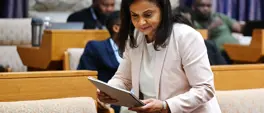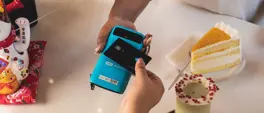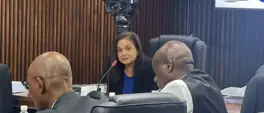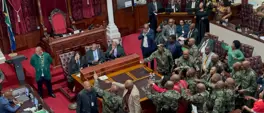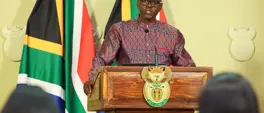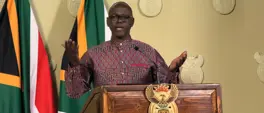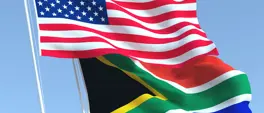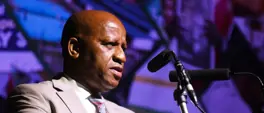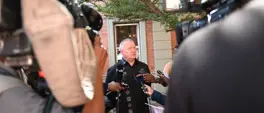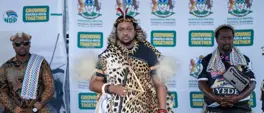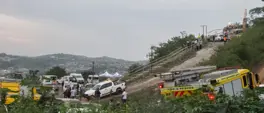MANDY WIENER: Treachery or trust – expect a fortnight of political skullduggery
Mandy Wiener
23 May 2024 | 4:07The finish line for this election campaign is not 29 May, next Wednesday. There is still a long race to run after that, despite our collective fatigue.
Realistically, the Electoral Commission of South Africa (IEC) should announce the results of the national election on the Saturday or Sunday after the election.
Then, according to the Constitution, the National Assembly (NA) must hold its first sitting no more than fourteen days after the result has been declared. At that first sitting, the NA will hold a vote to elect one of its members to be the country’s president.
That fortnight is going to be full of haggling, horse trading and deal making as parties negotiate various permutations and their implications. Some parties have already made plans to set up war rooms and headquarters to manage the process. Others are mandating to provincial leadership to find solutions.
But the reality is that the real politics will come into play once the results have been released.
One of the major deciding factors will be what percentage the ANC achieves nationally and which coalition partners it requires to get over the 50% line to elect its candidate for President.
If it achieves in the mid to high 40s, then it could reach that mark with the support of a handful of smaller parties, perhaps in exchange for a cabinet position.
But if the ANC reaches low 40s or high 30s, then that’s when the real stakes come into play, because they will require the support of a larger opposition party to get Ramaphosa back into the Union Buildings.
Does the ANC get into bed with the EFF or MK to form a so-called ‘doomsday pact’ as the Democratic Alliance has been ominously warning of? Or does the ANC woo one of the Multi-Party Charter (MPC) members and entice them with the promise of power and positions?
According to the daily Social Research Foundation polling tracker, the 66% turnout model puts the ANC at 43%, the DA at 23%, MK at 11,3%, EFF at 10,1% and IFP at 4,3% nationally. A caveat is required though as it’s always difficult to tell how accurate this polling will be when it comes to South Africans actually coming out to vote.
According to an Afrobarometer poll released this week, almost a third of likely South African voters canvassed said they had not yet decided who to support in the elections or refused to disclose a preference.
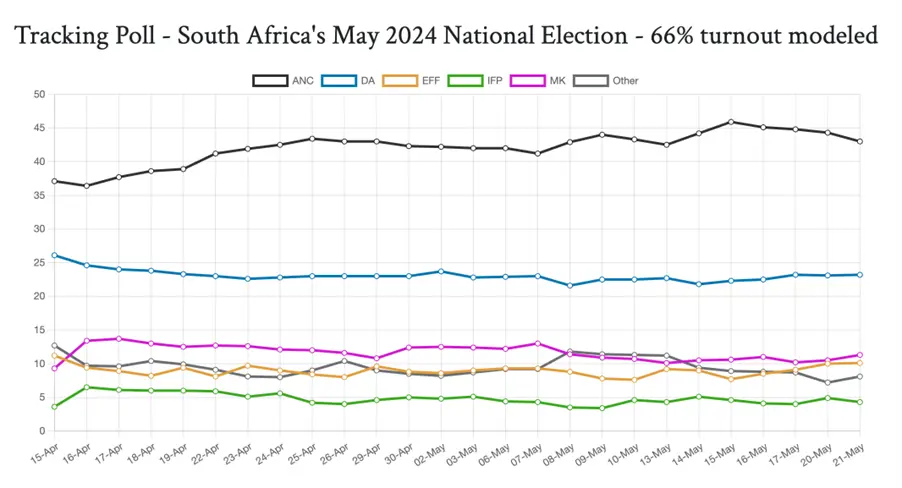
What happens at provincial level will also have an impact on the national picture, specifically in Kwa-Zulu Natal and Gauteng. There are multiple scenarios.
The ANC could go into coalition with the IFP in KZN in a scenario which sees the IFP getting control of the province in exchange for its support for the ANC at national level. Or perhaps the ANC might need the DA’s support too and give it control of Gauteng to retain control of the national government.
Will political party leaders compromise morality and policy positions in exchange for a seat at the table?
The Patriotic Alliance has already made it clear it will take whatever deal is best for it.
Will the members of the MPC, the moonshot pact, stay loyal or will they be enticed by a better offer?
At an election round table that I facilitated last week, ActionSA’s Michael Beaumont insinuated that the trust relationship amongst the MPC members is wafer thin.
When I asked him whether he trusts the MPC partners, his response was ,“Well let me put it to you this way. How can you?”.
At another election debate today, the DA again refused to rule out a working relationship with the ANC after these elections, despite a signed multi-party charter agreement which specifically rules this out. pic.twitter.com/xKCmdyOsJY
— Michael Beaumont (@ME_Beaumont) May 19, 2024
He said ActionSA is very worried about a situation where 27 million South Africans go to vote and then decisions around coalitions are made in smoke-filled rooms by five unelected people. They want the process to be transparent.
The DA’s John Steenhuisen has been vociferous in his commitment to the MPC in recent interviews.
“My commitment is to get the Multi-Party Charter over the line. After the election if we are not successful, we will reconvene. I’m not power hungry. The DA has been a darn good opposition. I’m not opposed to spending another five years in opposition,” he told Newzroom Afrika.
We have already witnessed at a municipality level how this kind of lack of trust and failure to cooperate in the interests of the electorate has been detrimental.
We the electorate are going to have our futures decided by those political leaders who we entrust with our votes. It will be up to them to decide how to form provincial and national governments.
Let’s hope they act with political maturity in our interests and not only in the interests of their own power.
Get the whole picture 💡
Take a look at the topic timeline for all related articles.
Trending News
More in Politics
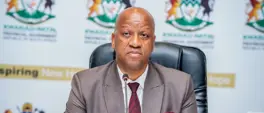
15 December 2025 15:28
Premier Ntuli insists he was never worried about ouster attempt
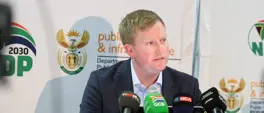
15 December 2025 14:58
DA defends KZN coalition, slams MK for 'intimidation' after failed motion of no confidence
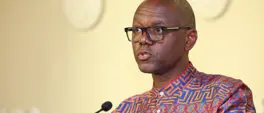
15 December 2025 14:25
Presidency dismisses transparency concerns as Madlanga interim report deadline nears

